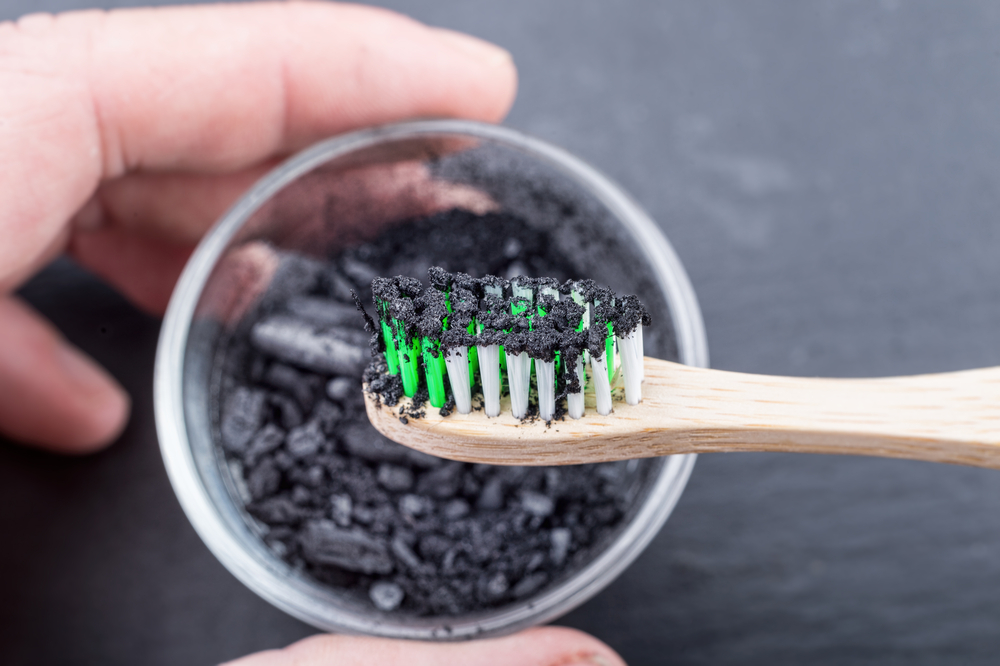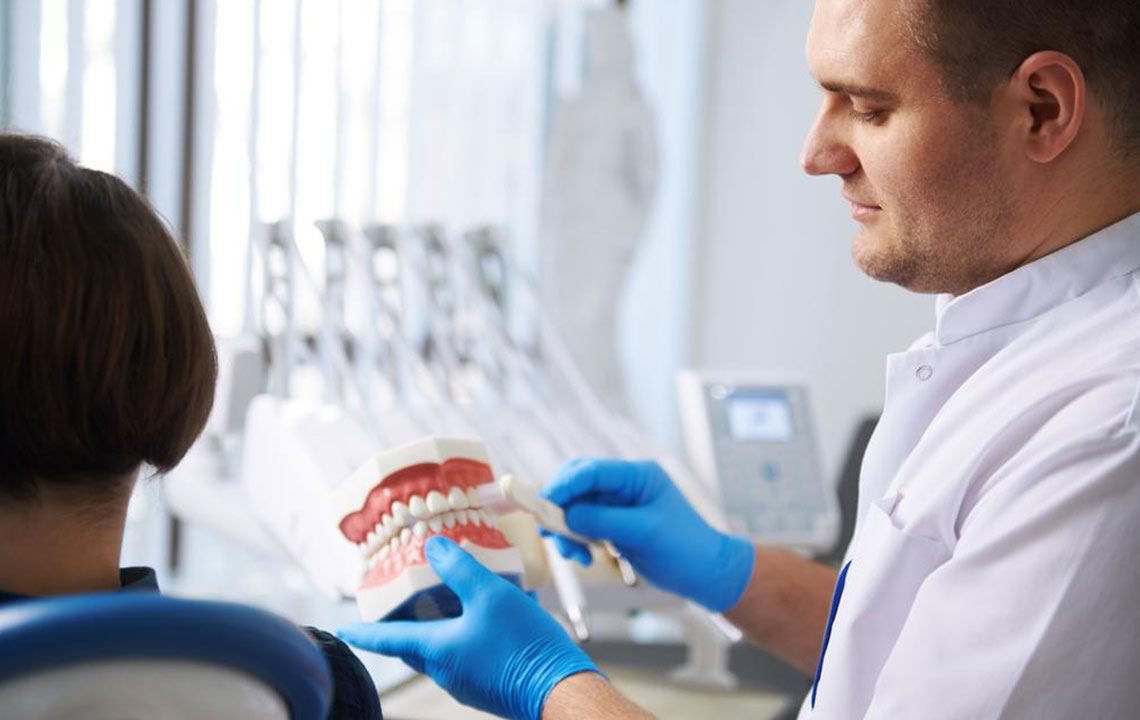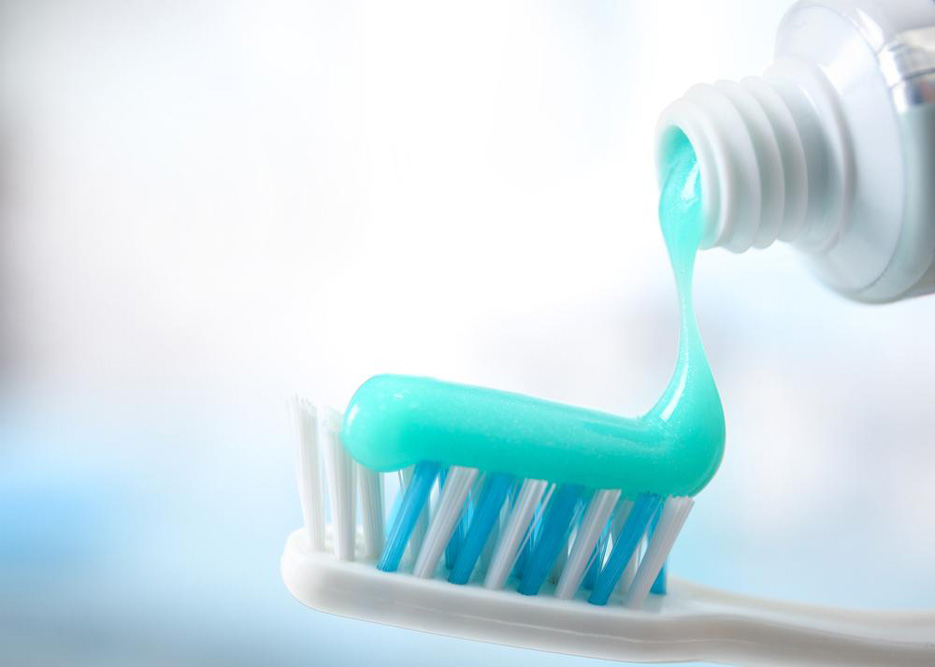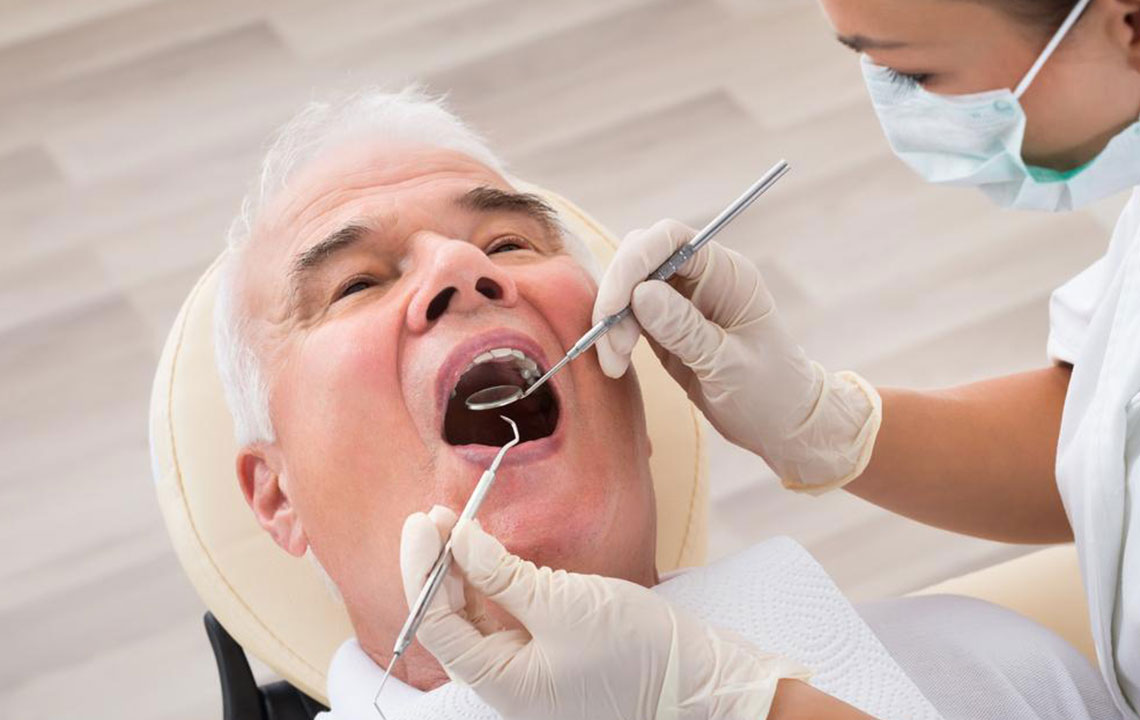Comprehensive Guide to Dental Care for a Bright, Healthy Smile
Learn about essential dental care options including regular checkups, restorations, root canals, crowns, and cosmetic treatments. This comprehensive guide helps you maintain healthy teeth and achieve a beautiful smile through preventive and corrective procedures, emphasizing the importance of professional dental care routines for long-term oral health.

Comprehensive Guide to Dental Care for a Bright, Healthy Smile
Maintaining optimal oral health is fundamental not only for looking great but also for overall health and longevity. Healthy teeth and gums play a vital role in digesting food properly, preventing infections, and supporting your immune system. In addition to treating existing dental issues, many dental services today focus on prevention and cosmetic enhancement, making your smile not just healthier but more attractive. This extensive guide explores the most popular and effective dental treatments currently available, aiming to help you make informed decisions about your dental care routine.
Regular Dental Checkups: The Foundation of Oral Health
Most dental practitioners recommend routine examinations every six months. These scheduled visits serve as crucial preventive measures, allowing your dentist to monitor your oral health, identify potential problems early, and avoid more complicated or costly procedures in the future. Regular checkups generally include a thorough cleaning, assessment of your dental hygiene practices, review of your medical and dental history, and sometimes X-rays to detect issues beneath the gum line or in hard-to-see areas.
During these visits, your dentist will examine your teeth, gums, and bite, looking for signs of cavities, gum disease, or other oral health issues. Professional cleanings remove plaque and tartar buildup that you might miss with regular brushing and flossing. By maintaining this schedule, you significantly reduce your risk of cavities, gum disease, and even systemic diseases linked to poor oral health, such as heart disease and diabetes.
In cases of severe damage or decay, tooth extraction may become unavoidable, especially when restoration options are no longer viable. Extraction is often a necessary step to prevent the spread of infection or to prepare the mouth for other orthodontic or restorative procedures. There are primarily two types of extractions:
**Simple Extraction:** Involving numbness and straightforward removal of a visible, accessible tooth.
**Surgical Extraction:** Required when dealing with unerupted or impacted teeth, such as wisdom teeth, which may need incisions and removal in parts.
Post-extraction recovery involves managing pain and swelling, usually with prescribed painkillers and cold compresses. Following your dentist’s care instructions is critical for healing and to prevent complications.
Addressing cavities at an early stage is crucial in preventing further decay and pain. The standard treatment involves dental fillings, which serve to restore a tooth’s integrity and function. During this procedure, the dentist removes decayed portions of the tooth and fills the cavity with durable materials like composite resin, amalgam, or glass ionomer. Modern filling techniques are quick, often completed within an hour, and minimally invasive. Once filled, the dentist ensures the bite is comfortable and that the filling fits seamlessly with the surrounding teeth.
Root canal therapy is a vital procedure for saving teeth that have become infected or severely decayed. When decay extends to the pulp—the soft tissue inside the tooth—root canal treatment removes the infected pulp, disinfects the root canal system, and seals it to prevent reinfection. This procedure alleviates pain and often avoids the need for extraction. After a root canal, a crown is typically placed to restore the tooth's strength and function. Endodontists, specialists trained in root canal procedures, perform these treatments meticulously, ensuring minimal discomfort and maximum preservation of natural teeth.
Dental crowns are versatile restorations designed to repair damaged, decayed, or aesthetically compromised teeth. They encompass the entire visible portion of a tooth, providing strength and enhancing appearance. The process involves preparing the tooth, taking detailed impressions, and fabricating a custom crown—either in the same visit with same-day crowns or through a laboratory process taking a few weeks. Materials for crowns vary from porcelain, ceramic, resin, to metals, depending on location, functional needs, and cosmetic preferences. Crowns are ideal for large cavities, after root canal treatment, or to cover discolored or misshapen teeth.
Cosmetic dental treatments focus on improving the appearance of your smile and boosting your confidence. These services are increasingly popular and involve minimally invasive procedures with dramatic results:
Teeth Whitening: One of the simplest and fastest ways to enhance your smile, whitening treatments combat discoloration caused by food, beverages, smoking, and aging. Professional whitening offers noticeable results in a single visit and lasts several months to years with proper care.
Veneers: Thin porcelain or composite shells bonded to the front surface of teeth, veneers hide stains, chips, gaps, and minor misalignments, delivering a natural, flawless appearance.
Braces & Aligners: Orthodontic options like traditional braces or clear aligners straighten crooked or misaligned teeth. Modern options provide discreet and comfortable solutions tailored to individual needs.
Enamel Shaping: This painless procedure contours the tooth surface to improve symmetry, correct minor flaws, and enhance overall aesthetics.
Choosing the right dental provider requires careful consideration of factors such as location, clinic hours, patient reviews, acceptance of your insurance plan, and your comfort level with the dentist. For complex or invasive procedures, it’s advisable to consult a specialist and bring a trusted companion. Ensuring your dentist is trustworthy, experienced, and friendly contributes to a more relaxed experience and ultimately better results.
In summary, comprehensive dental care involves routine preventive measures, timely treatments, and cosmetic enhancements to promote a healthy and attractive smile. Regular visits, proactive treatments, and choosing skilled professionals are essential steps for maintaining your oral health and confidence for years to come.





